How much does a used car even cost these days?
If you want to buy or sell a used car, it’s important to know your car’s fair market value. And to know your car’s fair market value, you’re going to need to know how to read the used car market.
Certainly, Kelley Blue Book serves as a great reference point. But it’s helpful to be able to plan ahead by identifying market trends. And the KBB estimate can lag behind the marketplace from time to time. Often, when market conditions change, sellers are the last to know. So keep that in mind when using estimate tools. We don’t want you to have unrealistic expectations for your sale, or worse, sell your car for less than market value.
Plus, following even one of these factors can go a long way toward buying or selling your car at the right price and time.
Average Car Sale Prices
If you’re going to sell your car, you want to make sure you’re getting a competitive price. So take a look at what other similar cars in your area are being bought and sold for.
Plenty of resources can help you determine the average sale price of new cars, used cars, car types, and car models. We’d name a few here, but the honest truth is, typing “Average car sale price,” into a search engine and then reading three or four of the summaries is the best way to get a broad picture of the market.
A lot of folks assume this number is constant because cars have a set sticker price, but what buyers actually pay is almost always different.
But why? Let’s get into it.
Supply and Demand
 Here’s my go-to example: Imagine you are in a swimming pool on a fairly cool afternoon sipping from a big cold bottle of water. A water salesman approaches. Would you even pay $0.25 for that water? I wouldn’t.
Here’s my go-to example: Imagine you are in a swimming pool on a fairly cool afternoon sipping from a big cold bottle of water. A water salesman approaches. Would you even pay $0.25 for that water? I wouldn’t.
Now imagine you’re crawling through a desert in a thick burlap shirt with nothing but a bag of Hungarian Wax Peppers and a wad of $20 bills. A water salesman approaches. How much do you pay for that water?
When buyers have lots of cars to choose from, they can pay less. And when sellers have lots of cars they need to sell, they’re willing to sell for less. When there are fewer cars, buyers are less picky and sellers can charge more.
In addition, a reduction in new car supply can cause an increase in used car demand (which can then reduce used car supply and increase used car prices).
But why are there more cars sometimes and fewer cars other times?
Supply Chain
This is a factor the average consumer doesn’t typically need to pay attention to. But after the last few years, we shouldn’t take anything for granted.
Any number of things can cause new car manufacturing to slow down.
Here are a few purely hypothetical examples of factors that can derail the supply chain:
- A global pandemic that causes factory shutdowns
- A war that diverts auto parts
- A fuel shortage
- A microchip shortage
- A shipping pile-up that slows down global trade.
But those are just hypothetical.
Any of the above problems can take a long time to correct, so they cause large ripples in the new and used car markets. Like we said above, the fewer new cars available, the greater the demand for used cars.
When to Buy or Sell?
Simply put: You want to buy where there are lots of available cars and sell when there are few.
The best time to sell is when your car is in most demand. And the best time to buy is when the car you want has plenty of supply.
While those may be the market sweet spots to buy and sell, they may not be the sweet spot in your current life circumstances. Now that you know how to read the used car market, you can keep an eye on trends to find a time and price that work for you.

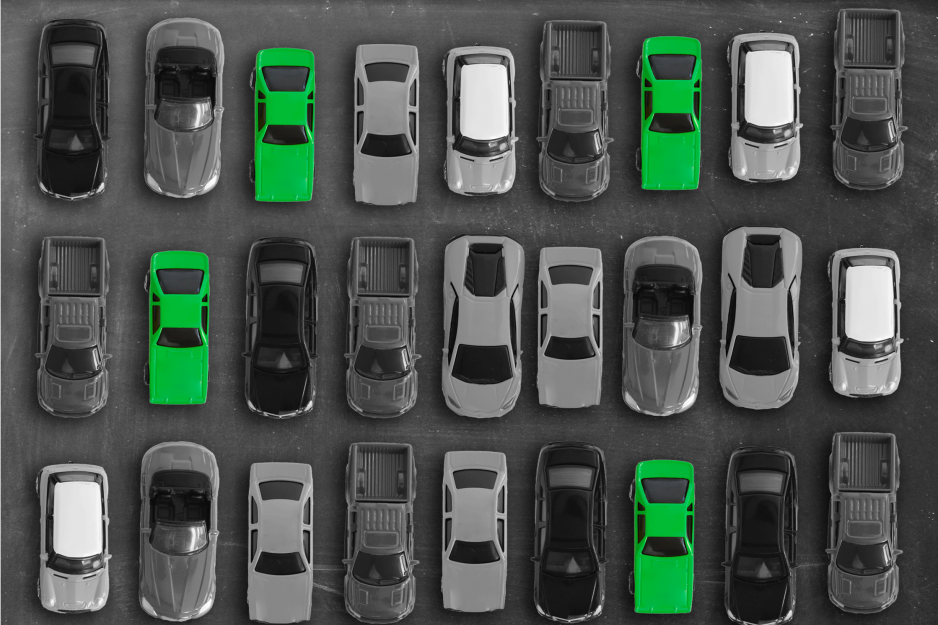
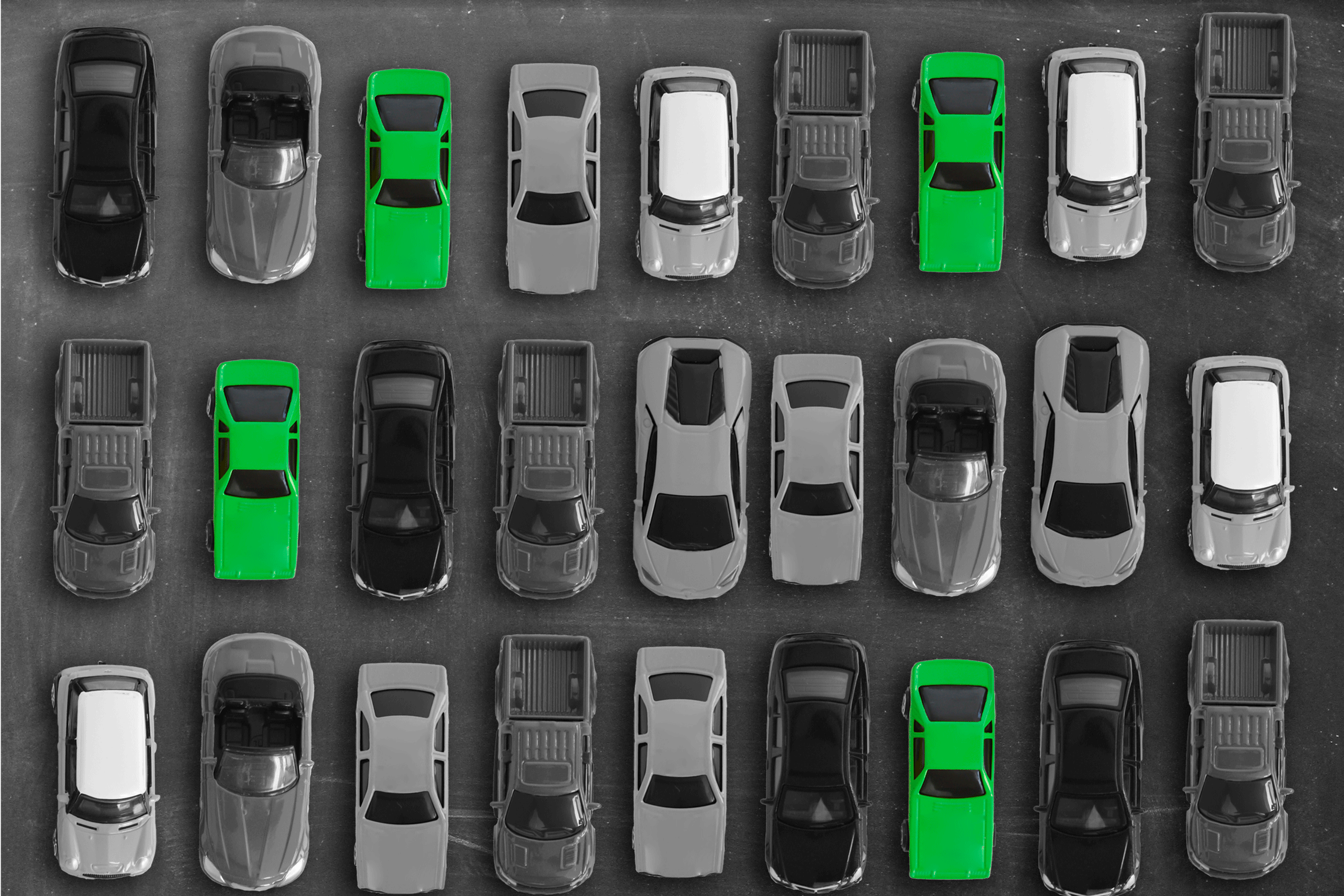
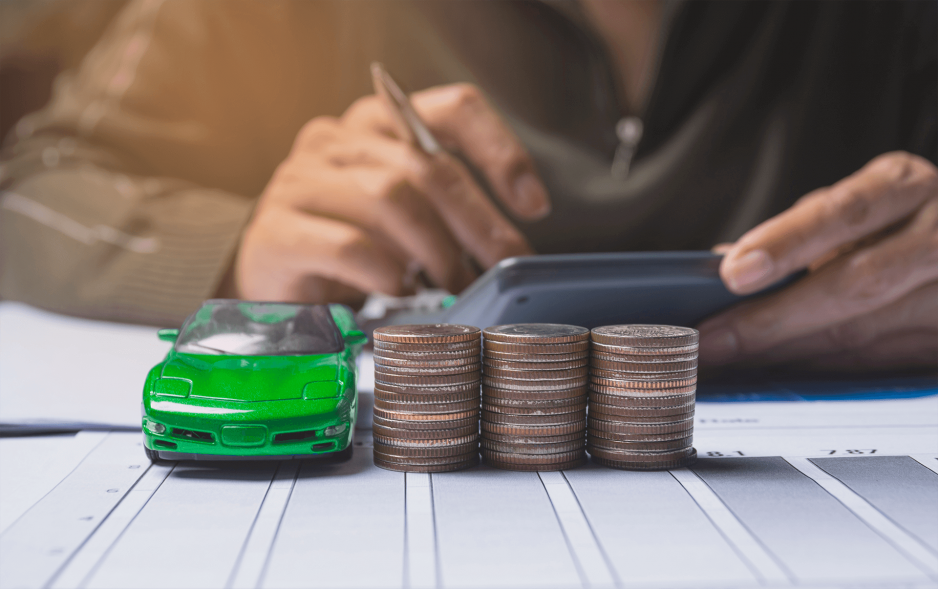
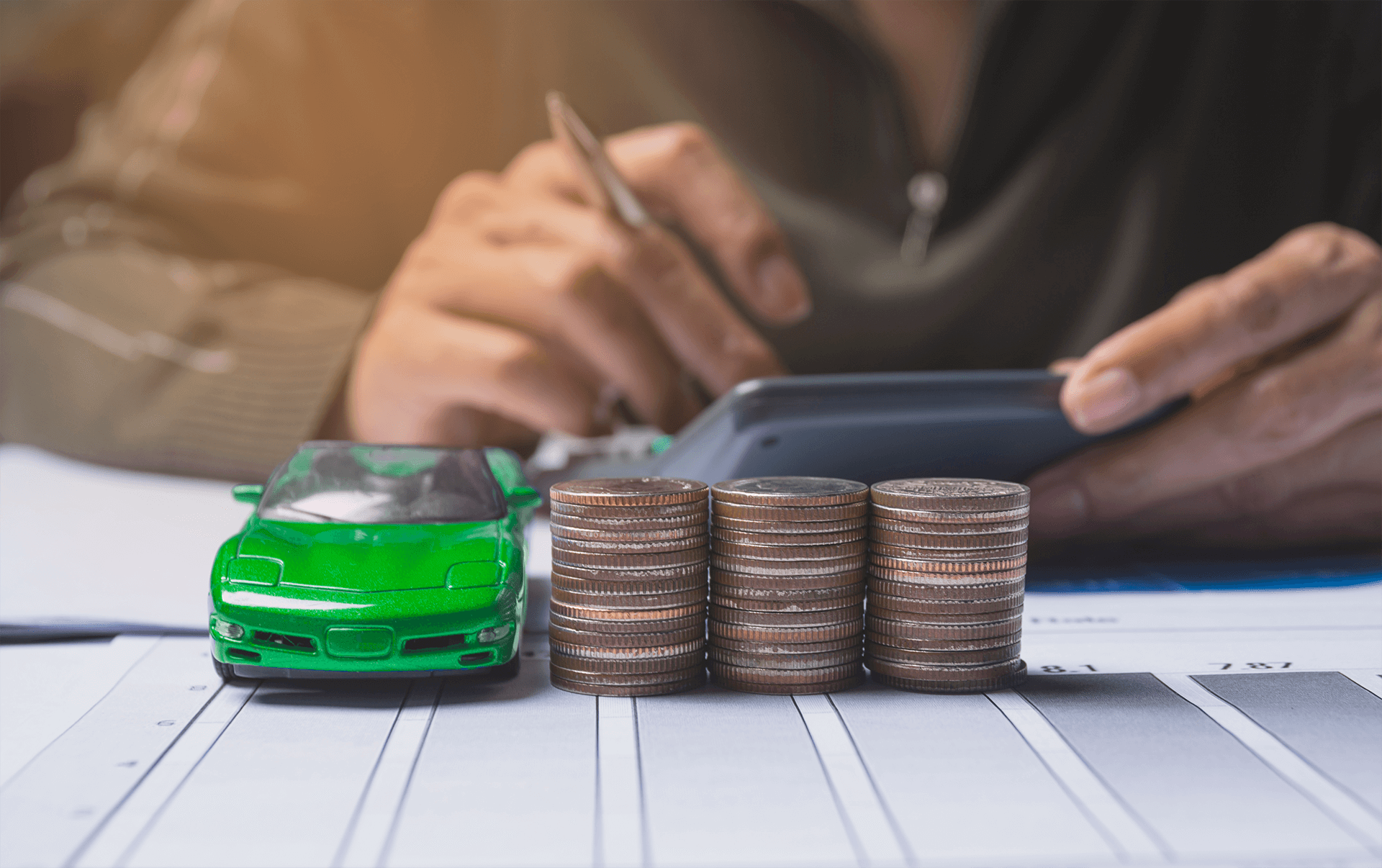

 make-it-easy salute to
make-it-easy salute to 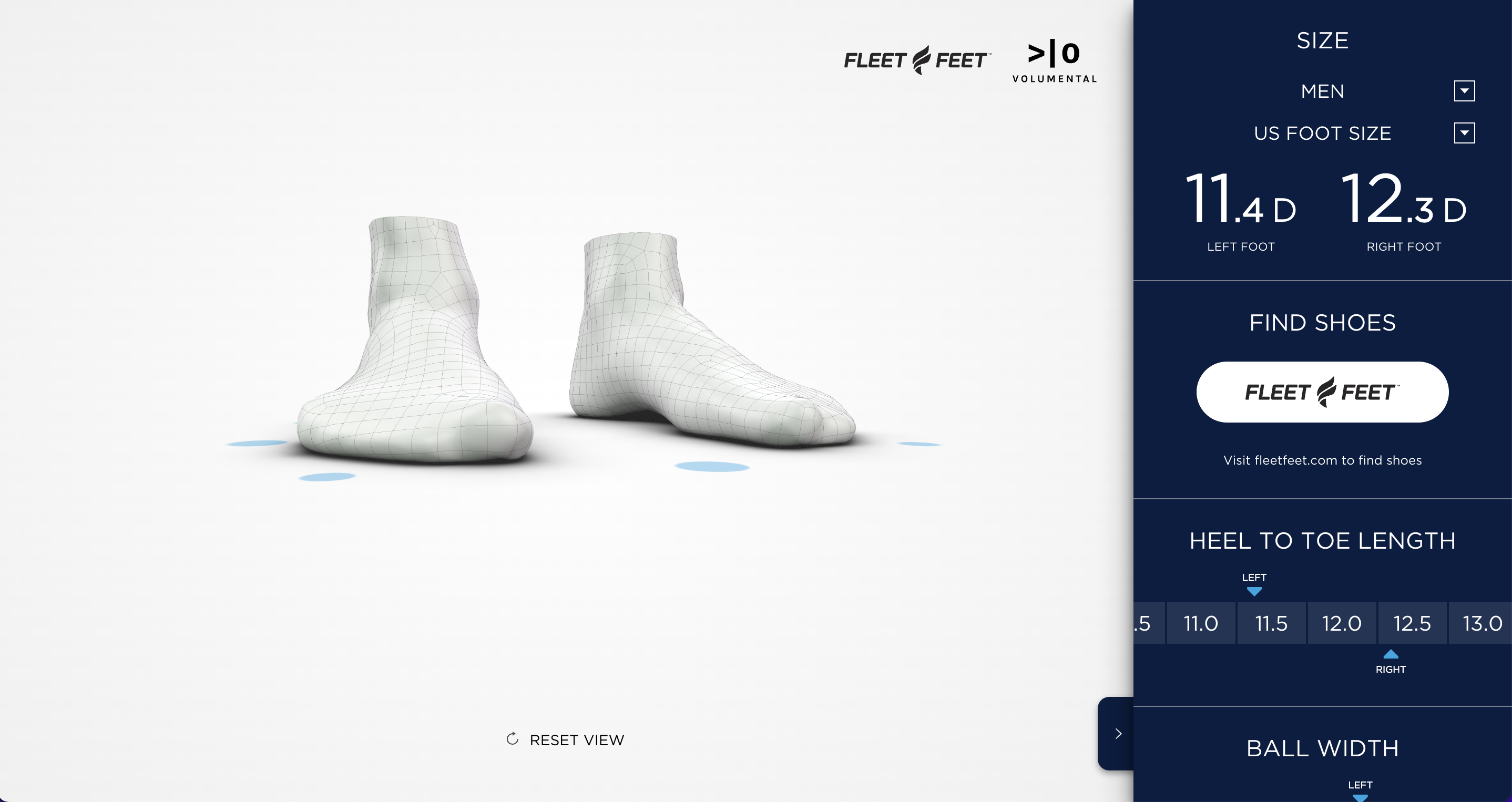
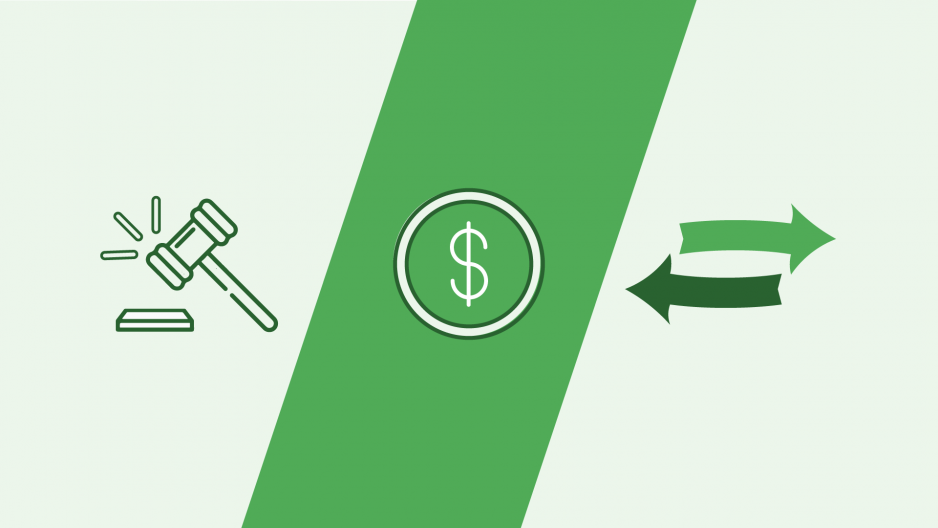
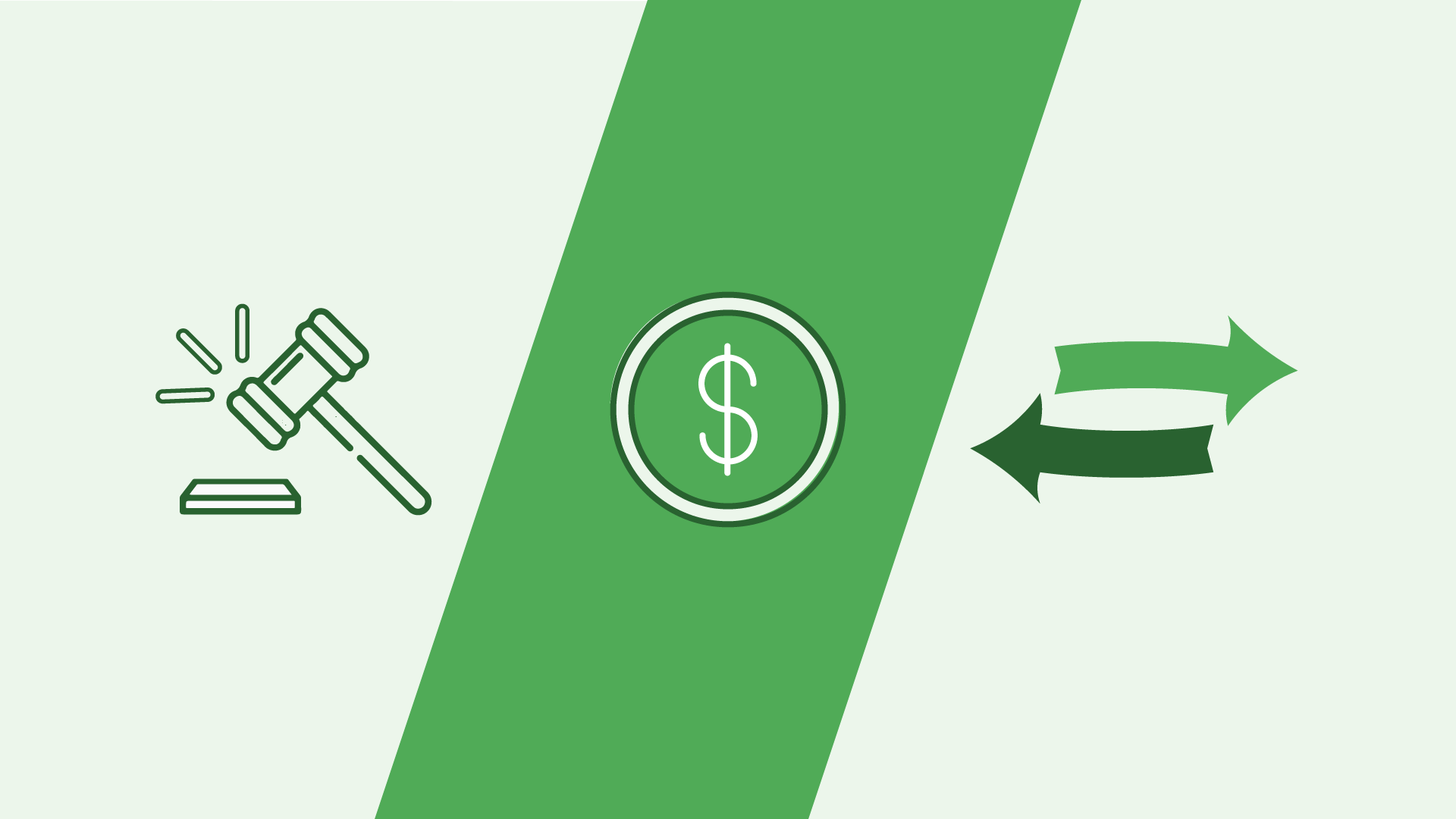


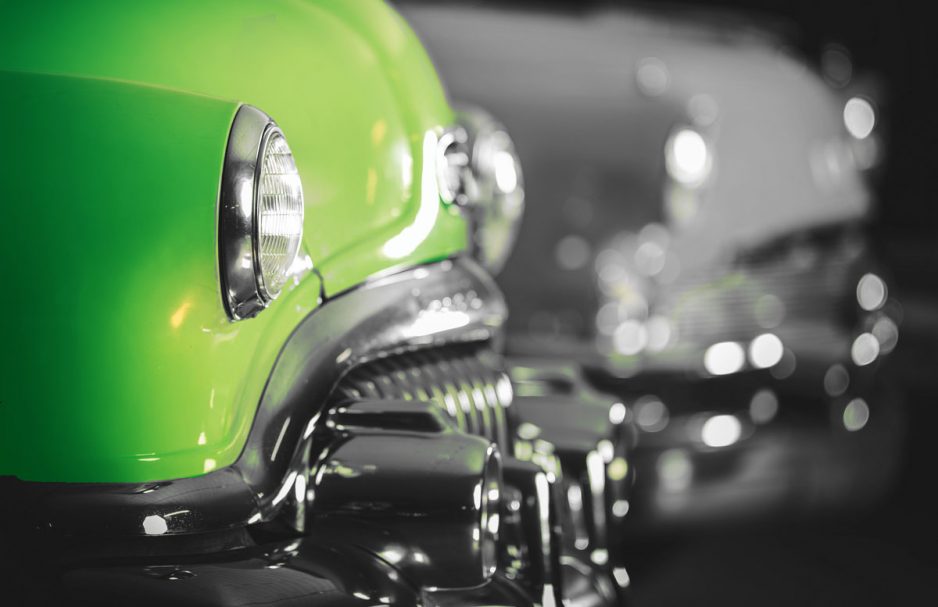
 Bidding is one of the few cases where quantity is quality. So let’s talk about how to start a bidding war over your car. Then we’ll get to work on fetching you more bids on your car and maybe even start a bidding war.
Bidding is one of the few cases where quantity is quality. So let’s talk about how to start a bidding war over your car. Then we’ll get to work on fetching you more bids on your car and maybe even start a bidding war.  1. Set a Competitive Price
1. Set a Competitive Price 2. Qualify for Auction Certification Badges
2. Qualify for Auction Certification Badges 3. Look Your Best
3. Look Your Best 4. Keep Good Service Records
4. Keep Good Service Records 5. Take Photos of the Good Stuff
5. Take Photos of the Good Stuff
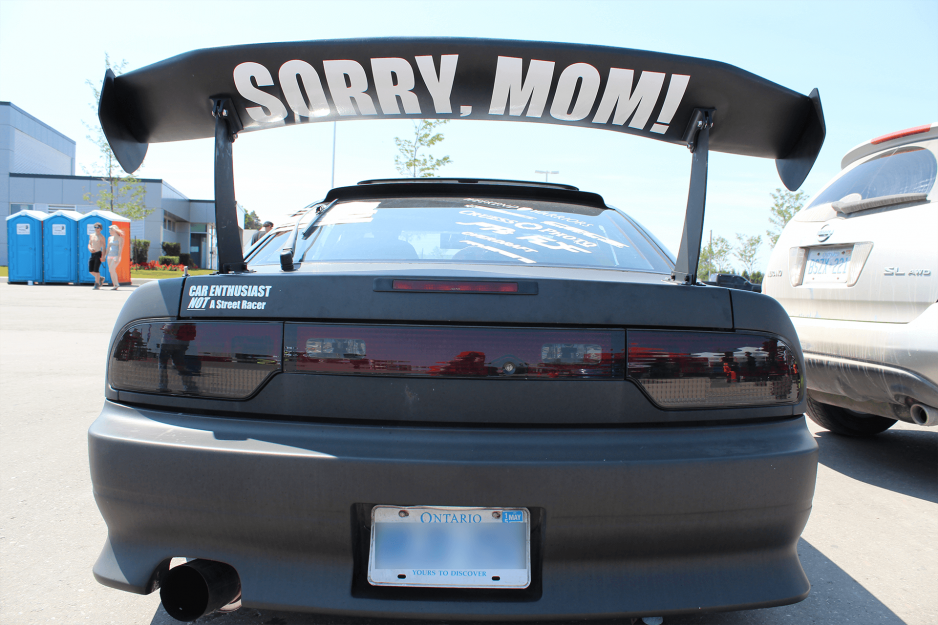
 Your car’s value is based mostly
Your car’s value is based mostly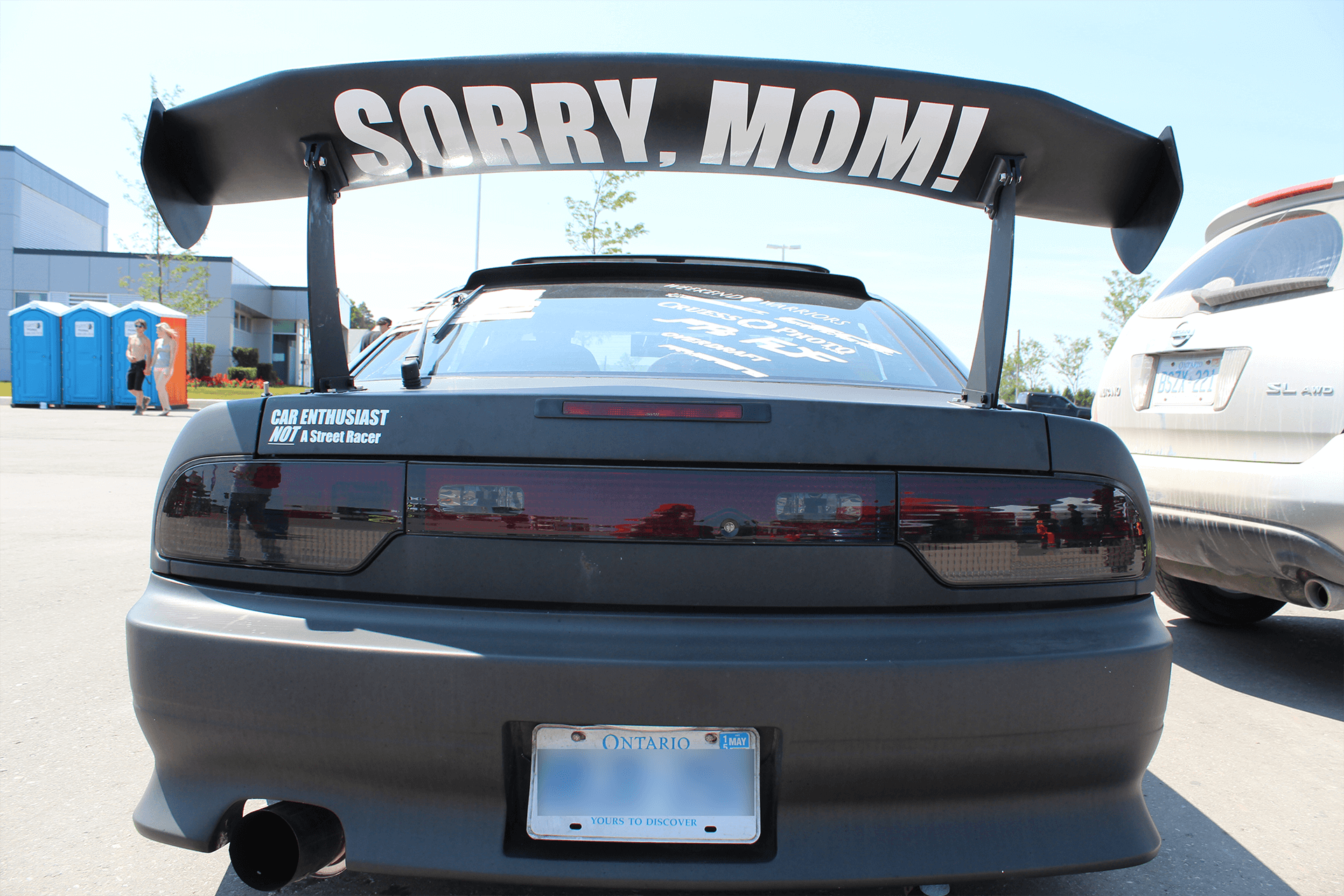
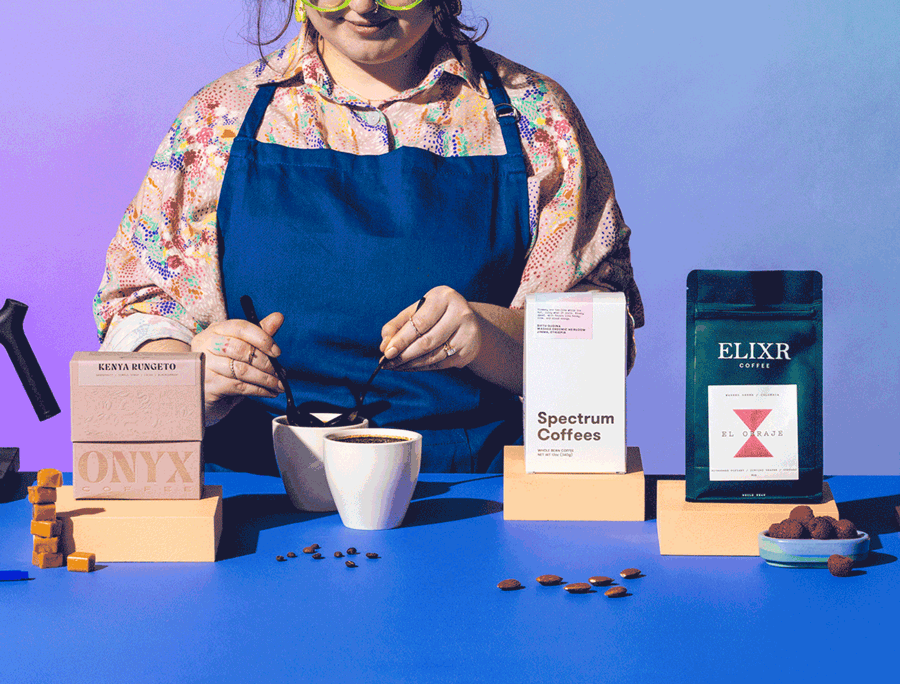
 Do you have more Dollar Shave Club razors than you need? Have you finished Ted Lasso but still have an Apply TV+ subscription (or is that just us)? Fellow Drops is here to change that.
Do you have more Dollar Shave Club razors than you need? Have you finished Ted Lasso but still have an Apply TV+ subscription (or is that just us)? Fellow Drops is here to change that.